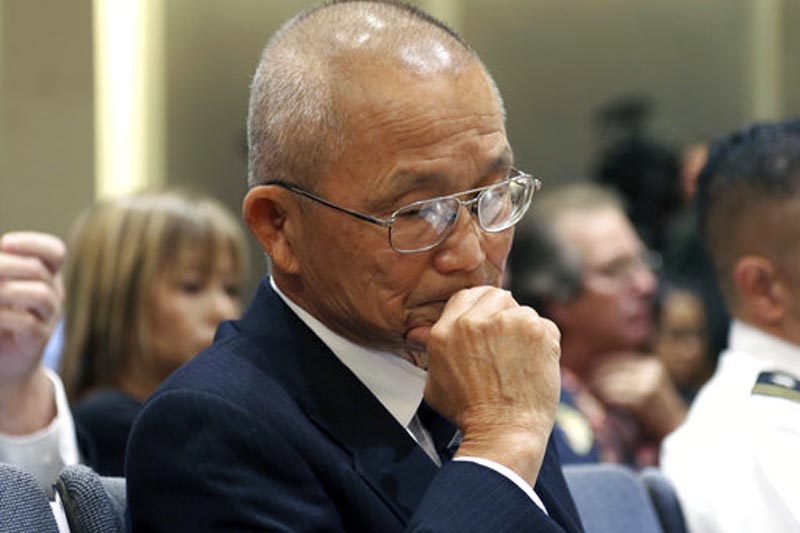Cell carriers may omit phones from alert system
HONOLULU: The Latest on the mistaken missile alert in Hawaii (all times local):
1:15 p.m.
Not all cellphones in Hawaii received last weekend's false alarm missile alert.
A Federal Communications Commission official told lawmakers at the Hawaii State Legislature on Friday that may have happened in part because cellphone carriers may choose not to participate in the nation's Wireless Emergency Alert system.
FCC attorney and adviser James Wiley says some carriers may also offer the service only to some geographic areas and only to some mobile devices.
He says some cellphones may not be capable of receiving the alerts and that cellphone users also have the choice to opt out of receiving emergency alert notifications.
Some subscribers may have been out of cell service range when the initial alert and the correction were issued.
12:55 p.m.
The Hawaii adjutant general says he told Gov. David Ige that a missile alert was a false alarm two minutes after it went out statewide. But the governor didn't tell the public until 15 minutes later.
Maj. Gen. Arthur "Joe" Logan told state lawmakers Friday that he called the governor at 8:09 a.m. Saturday after confirming there was no threat. Rep. Kaniela Ing asked why the governor didn't immediately address the public, but Ige had left the hearing.
Governor spokeswoman Cindy McMillan says Ige had to track her down to prepare a message. She says the communications team handles his social media.
Ige's office relayed an emergency management agency tweet about the false alarm at 8:24 a.m. Six minutes later, a notice went up on his Facebook page.
An emergency management employee mistakenly sent the alert that made people think Hawaii was under nuclear attack.
9:35 a.m.
Hawaii lawmakers are holding a hearing to learn the circumstances of an emergency alert mistakenly sent over the weekend that warned island residents and visitors of a ballistic missile attack.
Gov. David Ige and Hawaii Emergency Management Agency Administrator Vern Miyagi will answer questions at Friday's hearing.
On Saturday, a state employee mistakenly sent an emergency alert to mobile devices and TV and radio stations warning of an incoming missile strike, causing widespread panic and confusion.
A corrected alert was not sent for nearly 40 minutes because state workers had no prepared message for a false alarm.
Hawaii emergency workers immediately started calling city and county officials to tell them there was no threat. They posted social media messages about 13 minutes after the erroneous warning.






